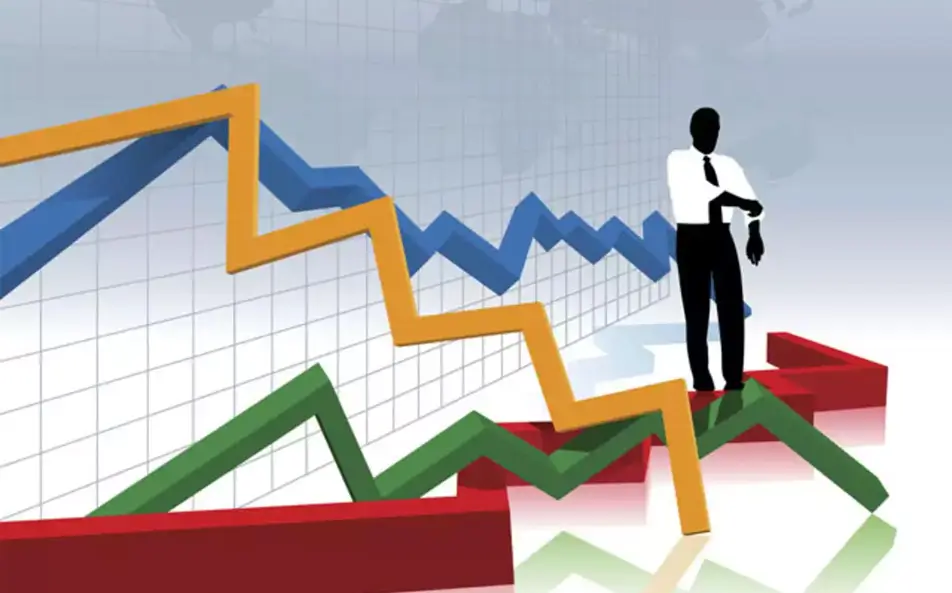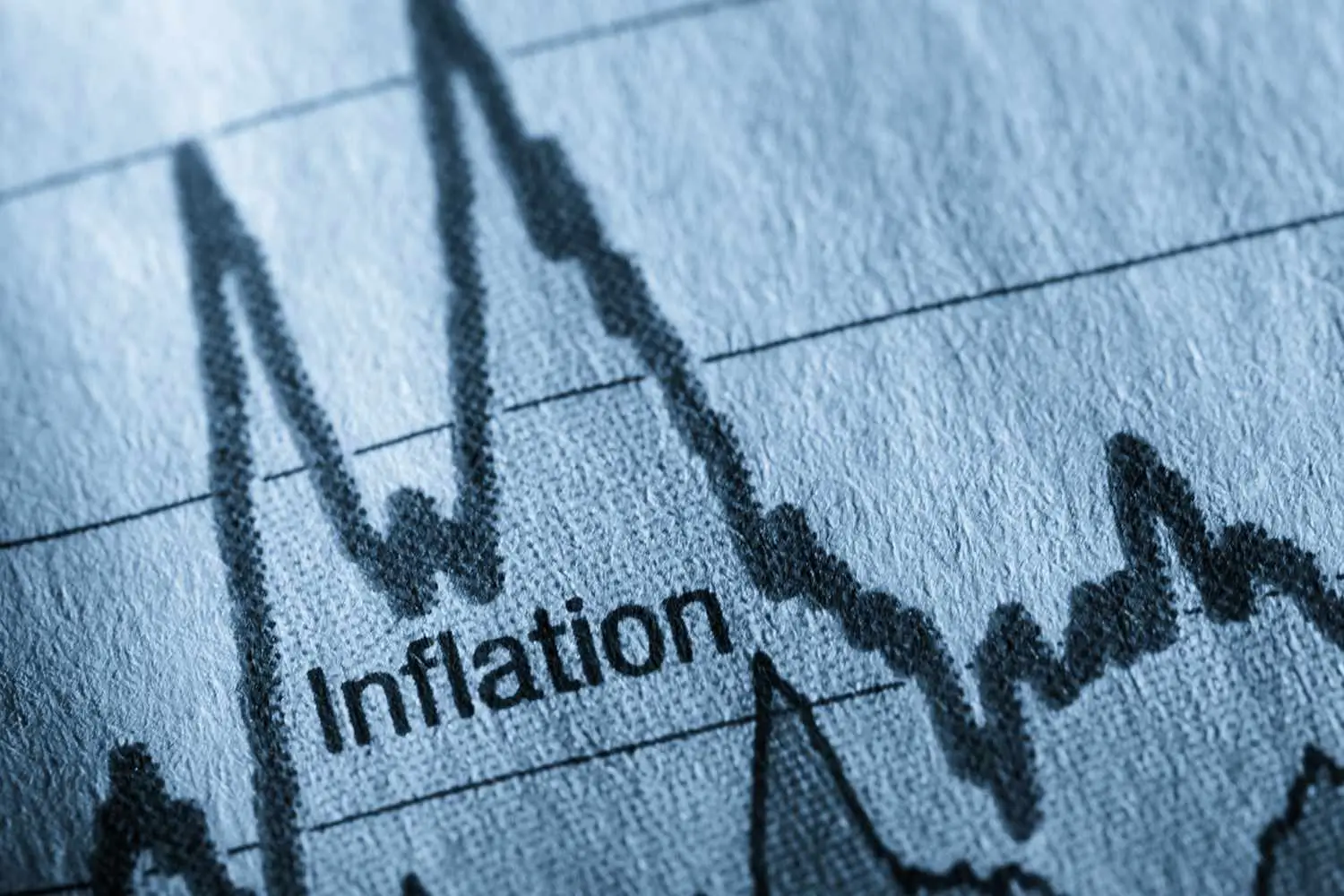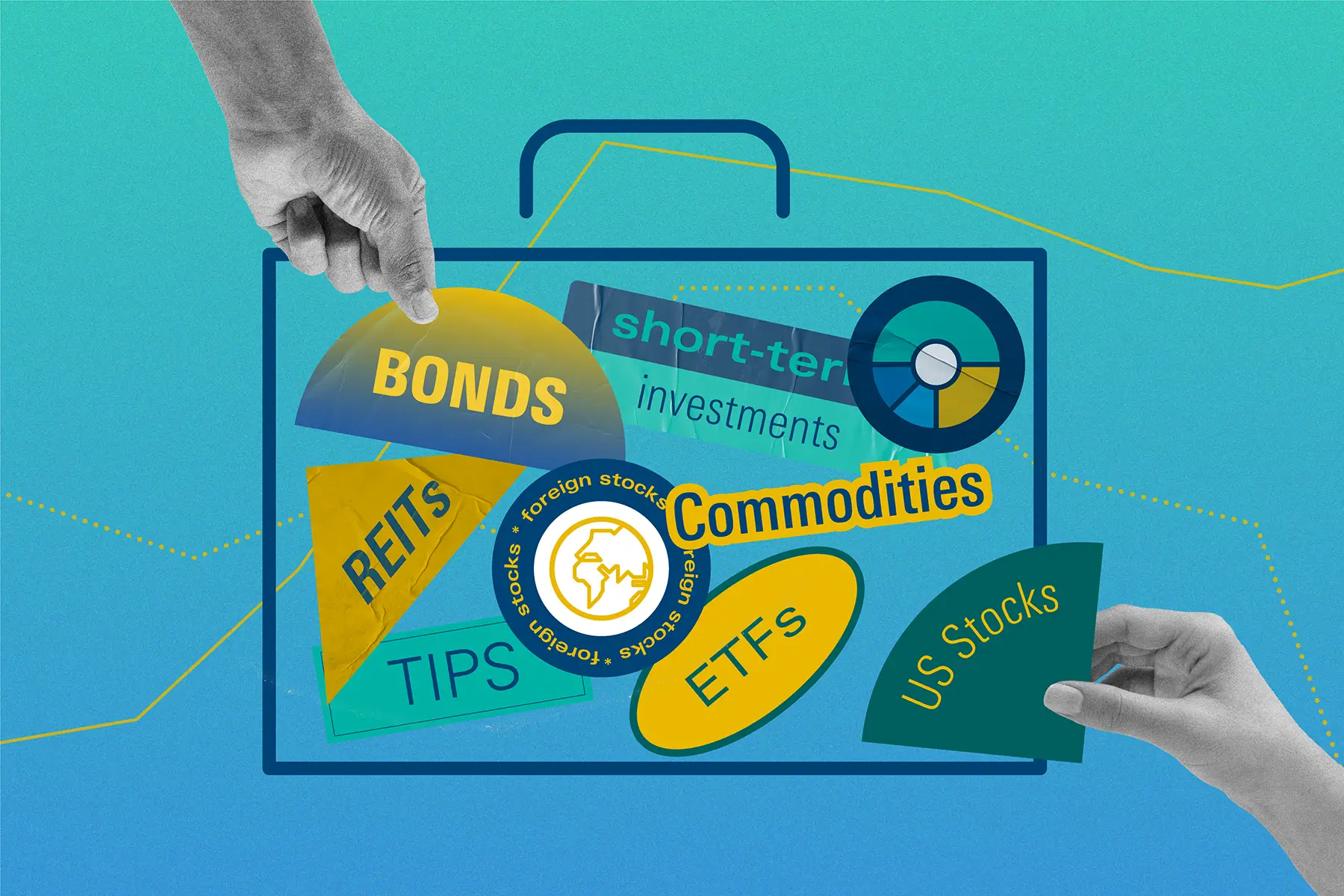
The United Indian

Inflation is a phenomenon that diminishes the value of money, resulting from an oversupply of money relative to the goods available. As prices of products and services rise within an economy, the purchasing power of consumers decreases. This means that what you could buy for Rs. 100 a few years ago will now buy you much less due to inflation. This not only affects your everyday expenses but also has implications for your savings.
Making investment decisions can be challenging, particularly when you aim to save money from your salary. While the goal is typically to maximize returns and minimize losses, several factors come into play when investing in stocks, bonds, mutual funds, and other financial products. One critical factor to consider is inflation. Failing to account for inflation in your investment decisions may cause you to miss out on rewarding opportunities or leave money on the table.
This article will delve into how inflation affects investments and provide strategies to safeguard your savings. By understanding the impact of inflation and implementing appropriate measures, you can make informed decisions about where to allocate your hard-earned money, increasing your chances of financial success.
What Is Inflation and How Does It Affect Investments?
Inflation is a crucial factor in the economy that has a direct impact on your investments. Essentially, it represents the rate at which prices for goods and services increase while the value of currency decreases. This has implications for your investment portfolio in several ways. For instance, inflation can lead to higher borrowing costs and diminish the value of fixed-income investments. As inflation goes up, interest rates tend to rise, which can have a negative effect on stocks and bonds.
The long-term consequences of inflation can erode the value of your investment returns, making it more difficult to achieve your financial goals over time. It's essential, therefore, to grasp how inflation influences your investments and take appropriate steps to safeguard against its impact.
The Effects of Inflation on Investments
1. Impact of Inflation on Savings
Many people in India maintain savings accounts with average interest rates. While your savings theoretically increase if your earnings rise with inflation while you are still employed, the true impact of high inflation becomes apparent after retirement.
Once you retire, your source of income becomes limited, and you begin to rely on your savings for even the most basic necessities. As inflation rates continue to rise, your purchasing power diminishes, and your savings deplete at a faster rate. Although banks may increase interest rates in response to inflation, the funds can still decrease if inflation is too high.
Given this, it is crucial to pay attention to inflation as you accumulate savings to protect their value.
2. Effects of Inflation on Fixed-Income Investments
Fixed-income investments provide a steady source of income through interest payments. For example, if you invest in bonds, treasuries, or certificates of deposit (CDs) with fixed interest rates, you receive a predetermined income until maturity. However, these fixed-income securities are negatively affected by inflation.
While inflation rates rise, the interest payments on fixed-income securities remain the same. Consequently, their purchasing power decreases over time, leading to a decline in bond prices as inflation rises.
The impact of inflation on long-term fixed-income securities is particularly detrimental, necessitating caution when investing in such assets.
3. Inflation's Impact on Stocks
The effect of inflation on stock investments is varied and largely depends on the company whose stocks you own. In a strong economy with high inflation, prices of stocks should ideally rise. However, the actual effect can differ. Companies often face increased expenses and higher wages due to inflation, which can hurt their stock value. In this context, the performance of individual companies becomes crucial in determining the value of stocks in a robust inflationary environment.
As a rule of thumb, stocks in developed and foreign markets often exhibit a negative correlation with inflation, as do stocks in emerging or developing markets. When investing in stocks, it is essential to consider the impact of inflation.
4. Impact of Inflation on Real Assets
Real assets, such as precious metals and real estate, generally have a positive relationship with inflation rates. As inflation increases, the prices of tangible assets tend to rise.
While real assets can be profitable in times of rising inflation, it's important to note that they do not provide a steady source of income and are often more volatile. In the Indian market, real assets are frequently used as long-term, illiquid investments but may not perform as well as options like stocks.
Strategies to Safeguard Your Investments from Inflation Risk
- Inflation-Indexed Securities:
These include bonds and other financial instruments that adjust their interest payments based on inflation rates, helping protect your investment's real value.
- Diversification
Investing in a mix of asset classes can help mitigate risk. Assets like real estate and commodities may offer a hedge against inflation, balancing the risks in a diversified portfolio.
- Utilizing Financial Tools Wisely
Credit cards can play a role in managing cash flow and expenses during inflationary times. Some credit card benefits includes cashback, rewards, or discounts, which can help offset rising costs for everyday purchases. By using these benefits strategically, you can effectively reduce your overall spending, freeing up more money to invest.
It's essential, however, to use credit cards responsibly. Paying off the balance in full each month avoids interest charges, which can negate the benefits of any rewards or cashback earned. This disciplined approach can help maintain your financial health while providing additional flexibility in managing inflation's impact on your budget.
Final Thoughts
If your investment strategy does not account for the impact of inflation, the purchasing power of your savings may be eroded over time. The money you save for the future might not be sufficient to keep up with the rising prices of goods and services. However, there are ways to mitigate this risk. Inflation-indexed products provide adjusted returns with yields higher than the inflation rate. Additionally, assets whose prices move with inflation can offer higher yields during periods of widespread price increases.
By understanding how inflation affects investments and implementing suitable strategies, you can safeguard your savings and increase the likelihood of achieving your financial goals.
Author Bio
Priyanka Rao is a content strategist for Jupiter Money, and specializes in writing on topics related to finance, banking, budgeting, salary & wages, and other financial matters. She has a passion for creating engaging content that resonates with audiences across various digital platforms. In her free time, Priyanka enjoys traveling and reading, which allows her to gain new perspectives and inspiration for her work. With a keen eye for detail and a creative mindset, Priyanka is committed to creating content that connects well with her readers, enhancing their digital experiences.
Disclaimer: The above blog has been written by Priyanka Rao. TheUnitedIndian holds no liability for the information shared in this blog post. Readers should use this information at their own discretion.
Read more in Economy
Jun 24, 2025
TUI Staff
Jun 22, 2025
TUI Staff

Stay Tuned with The United Indian!
Our news blog is dedicated to sharing valuable and pertinent content for Indian citizens. Our blog news covering a wide range of categories including technology, environment, government & economy ensures that you stay informed about the topics that matter most. Follow The United Indian to never miss out on the latest trending news in India.
©The United Indian 2024















